Working Class History
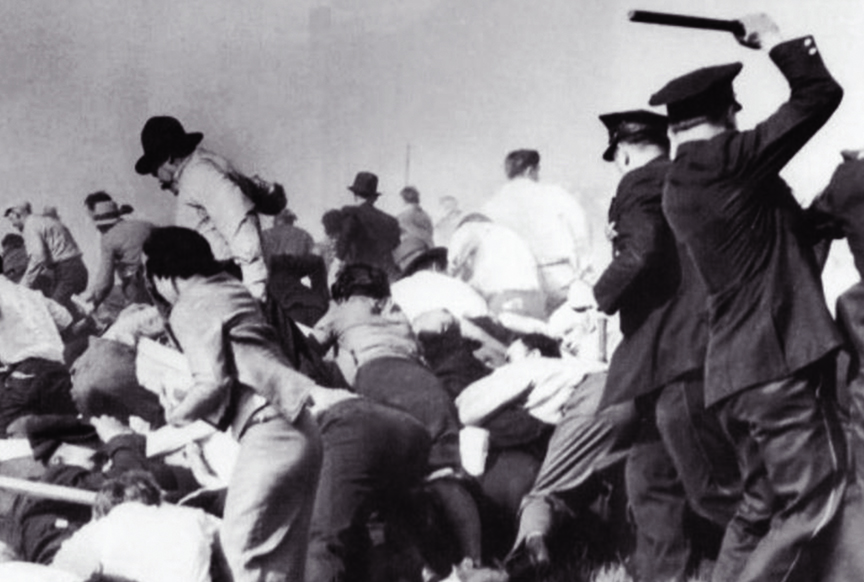
Political Economy of Labor Repression in the United States
Online: Zoom link will be provided to registered participantsAndrew Kolin presents a detailed explanation of the essential elements that characterize capital’s relations to the working class and how capital relies on various forms of repressing reform and revolutionary movements by workers. The repression is directly linked to the class struggle between capital and labor. The starting point examines labor repression after the American Revolution. Andrew’s book then follows the role of the state along with the explosive growth of American capitalism to analyze the long history of capital and labor conflict with details of the US state being aligned with the interests of capital throughout American history.

The Bisbee Deportation / The Battle of Blair Mountain
Online: Zoom link will be provided to registered participants• On July 12, 1917, in the mining town of Bisbee Arizona, twelve hundred striking miners and their supporters were rounded up by forces organized by the town sheriff and the mining companies, marched through the town, parked in the town's baseball field, and then put in boxcars and shipped into the New Mexican desert.
• When the smoke cleared on the Battle of Blair Mountain, an estimated 1 million rounds were fired, dozens were killed, and 985 miners were arrested. The uprising was suppressed, but public awareness about the appalling conditions in which the miners were forced to live, work, and raise their families grew considerably.
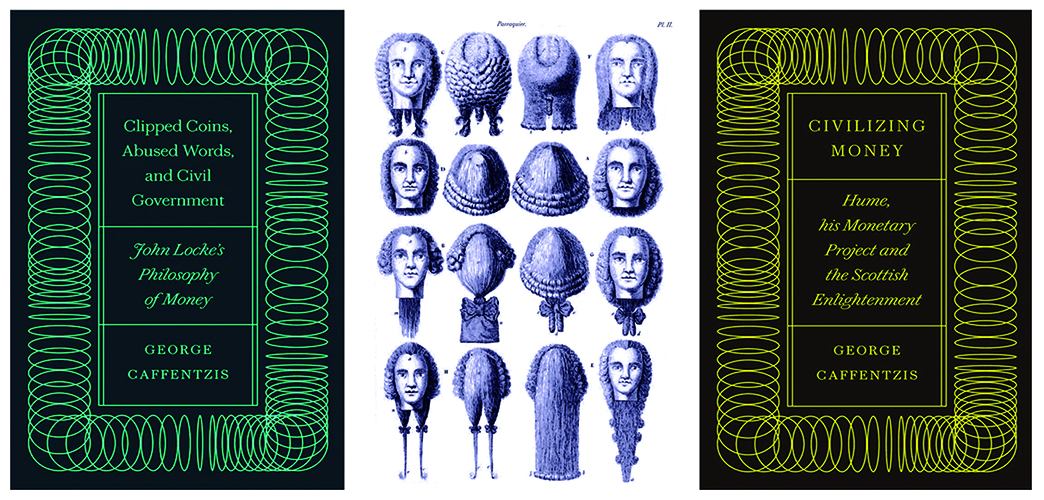
Clipped Coins and Civilizing Money: George Caffentzis on John Locke and David Hume
Online: Zoom link will be provided to registered participantsGeorge Caffentzis makes both an intervention in the field of monetary philosophy and into Marxist conceptions of the relation between philosophy and capitalist development. Clipped Coins and Civilizing Money have just been released by Pluto Press. George will be joined in discussion with Peter Linebaugh and Carl Wennerlind
Studies in the Works of Antonio Gramsci with Piruz Alemi
Online: Zoom link will be provided to registered participantsThis 10-week session has four sessions remaining which feature a close reading of Gramsci’s Prison Notebooks. We will look to connect cultures and their human rights struggles. We will also explore those who influenced Gramsci, particularly Marx, but also Machiavelli and Croce. This seminar is accessible to people at all levels of familiarity with Gramsci’s work, including those just beginning their studies of Gramsci. Join at any time.
Studies in the Works of Antonio Gramsci with Piruz Alemi
Online: Zoom link will be provided to registered participantsThis 10-week session has four sessions remaining which feature a close reading of Gramsci’s Prison Notebooks. We will look to connect cultures and their human rights struggles. We will also explore those who influenced Gramsci, particularly Marx, but also Machiavelli and Croce. This seminar is accessible to people at all levels of familiarity with Gramsci’s work, including those just beginning their studies of Gramsci. Join at any time.
Studies in the Works of Antonio Gramsci with Piruz Alemi
Online: Zoom link will be provided to registered participantsThis 10-week session has four sessions remaining which feature a close reading of Gramsci’s Prison Notebooks. We will look to connect cultures and their human rights struggles. We will also explore those who influenced Gramsci, particularly Marx, but also Machiavelli and Croce. This seminar is accessible to people at all levels of familiarity with Gramsci’s work, including those just beginning their studies of Gramsci. Join at any time.
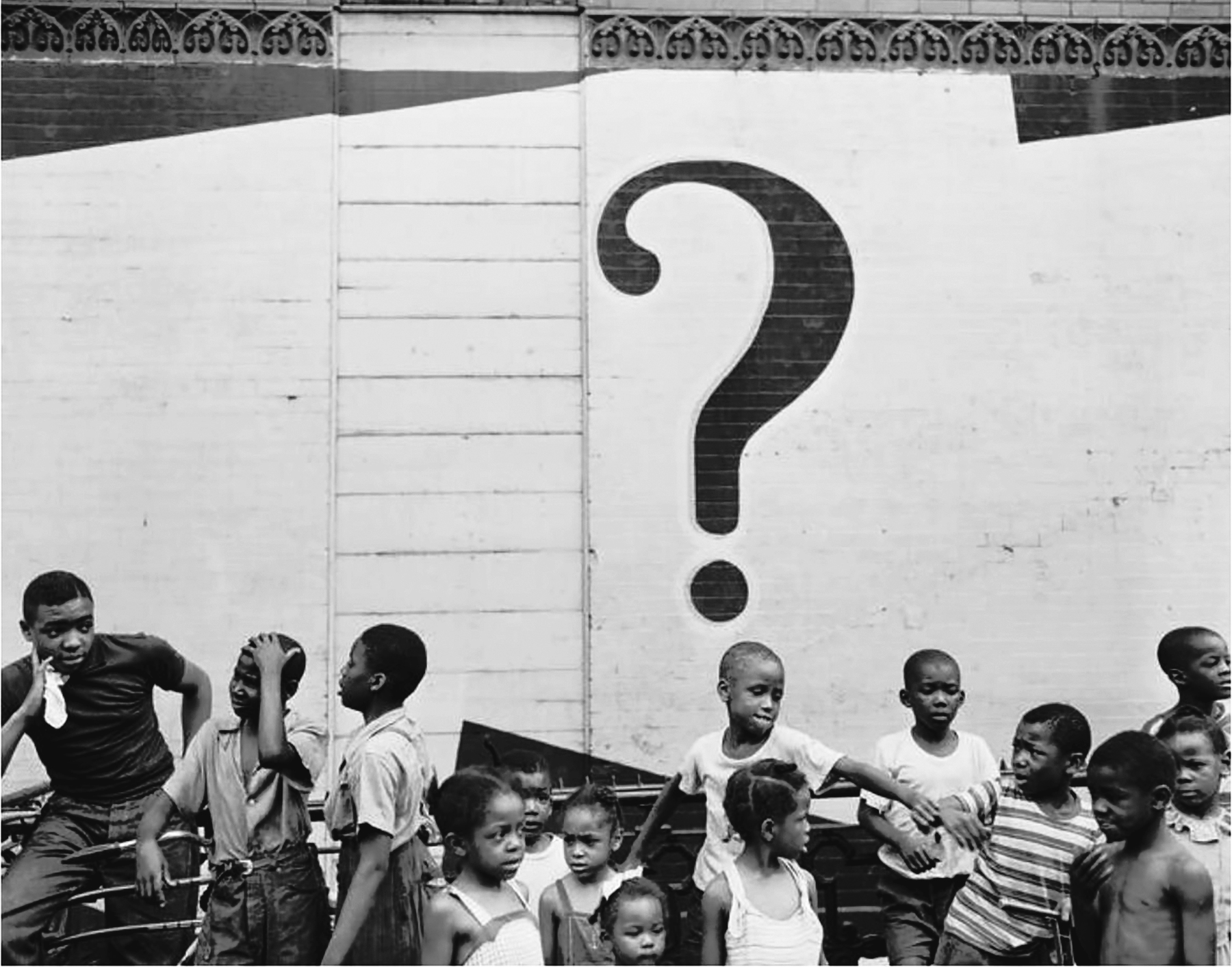
New York City and the Experience of Modernity, Fall session
Online: Zoom link will be provided to registered participantsIn the year 1877, the signals were given for the rest of the century; the black would be put back; the strikes of white workers would not be tolerated; the industrial and political elites of North and South would take hold of the country and organize the greatest march of economic growth in human history. They would do it with the aid of, and at the expense of, black labor, white labor, Chinese labor, European immigrant labor, female labor, rewarding them differently by race, sex, national origin, and social class, in such a way as to create separate levels of oppression – a skillful terracing to stabilize the pyramid of wealth.” —Howard Zinn
This is a seminar about New York City and its people. It is not a study of architectural styles and objects, - although the physical stuff of cities does play a role—but it is a course about the experience of the way in which modernity builds and destroys cities.
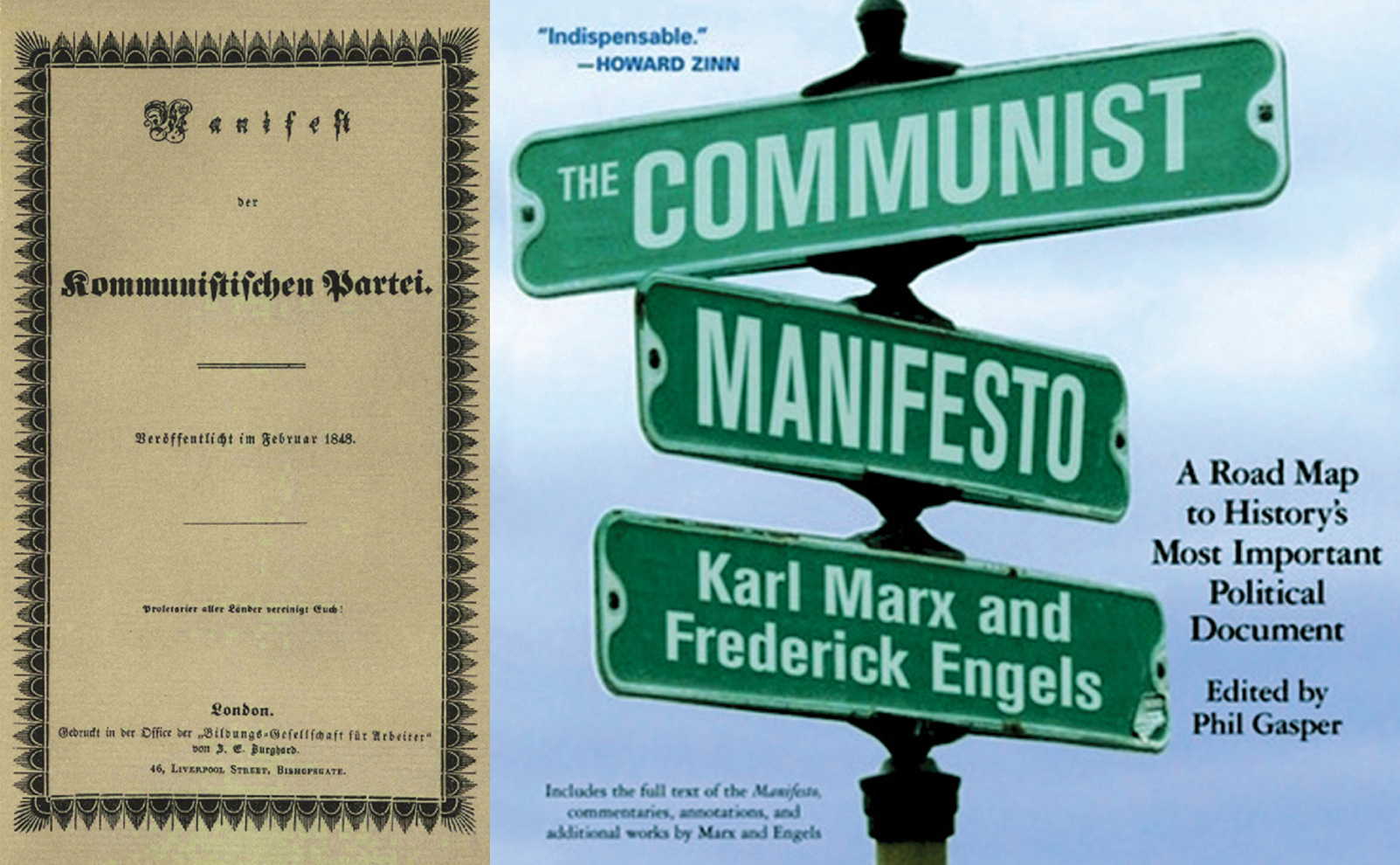
A Guide to The Communist Manifesto with Phil Gasper
Online: Zoom link will be provided to registered participantsIF YOU CANNOT OURCHASE ON OUR SITE, TICKETS ARE AVAILABLE AT EVENTBRITE: https://www.eventbrite.com/e/203494927807
Since Phil produced this edition, the English-reading left has had an authoritative introduction to history’s most important political document, with the full text of The Communist Manifesto by Marx and Engels. This beautifully organized and presented edition of The Communist Manifestois fully annotated, with clear historical references and explication, additional related texts, and a glossary that will bring the text to life for students, as well as the general reader. Since it was first written in 1848, the Manifesto has been translated into more languages than any other modern text. It has been banned, censored, burned, and declared “dead.” But year after year, the text only grows more influential, remaining required reading in courses on philosophy, politics, economics, and history.
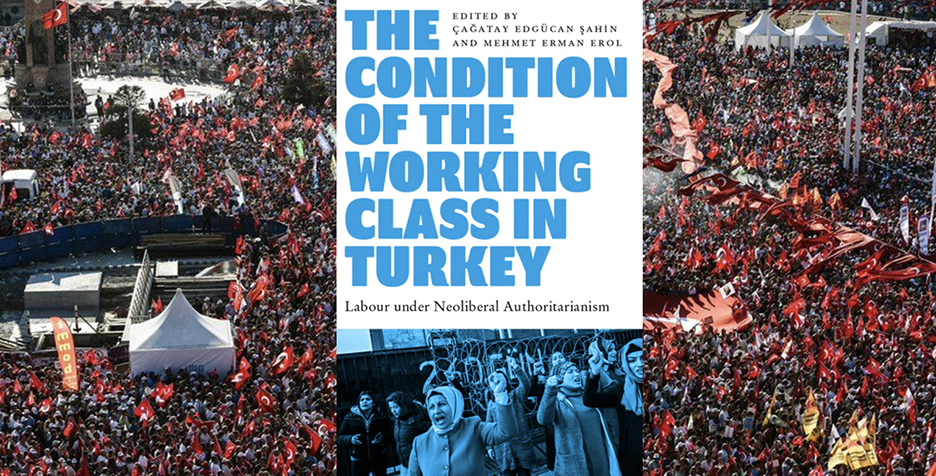
The Condition of the Working Class in Turkey
Online: Zoom link will be provided to registered participantsMoving beyond headlines and personalities, uncovered are the real working class conditions in modern Turkey. Combining field research and interviews, cutting-edge analyses of workplace struggles, trade unionism, the AKP’s relationship with neoliberalism, migration, gender, agrarian change and precarity, as well as the Covid-19 pandemic and its impact on workers are presented succinctly. Brought together by a broad range of Turkish activists and scholars who consider what the dynamics and contradictions of working-class resistance against Turkey’s neoliberal authoritarian regime have become.
